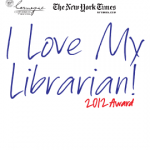ATTENTION REFWORKS USERS:
If you are running into problems trying to export citations into RefWorks, check to see if you are using a Gale database.

If you are using one of these databases, chances are you seeing one of two things.
Experience #1
In CITATION TOOLS, you choose REFWORKS, hit EXPORT, and see this:
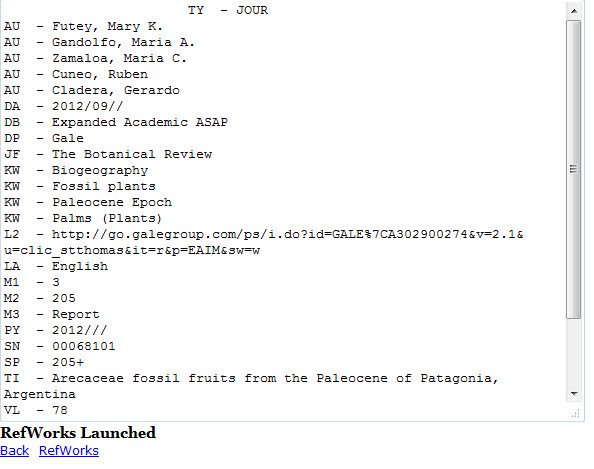
Lucky you! You get the super easy fix! Just click on the hyperlinked RefWorks and you are on your way.

Experience #2
In CITATION TOOLS, you choose REFWORKS and it asks you to download an .RIS file.
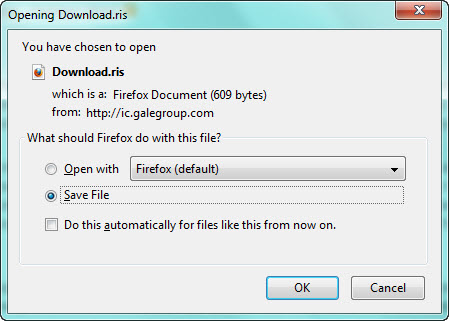
-OR-

Go ahead and save this file somewhere on your computer. You are going to need it to finish the process. The next step is to log in to RefWorks. Once there, choose IMPORT found under REFERENCES.
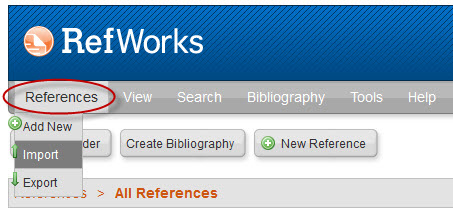
Next, change the DATABASE to RIS FORMAT; then, browse to your saved file under SELECT TEXT FILE; and finally, click IMPORT.
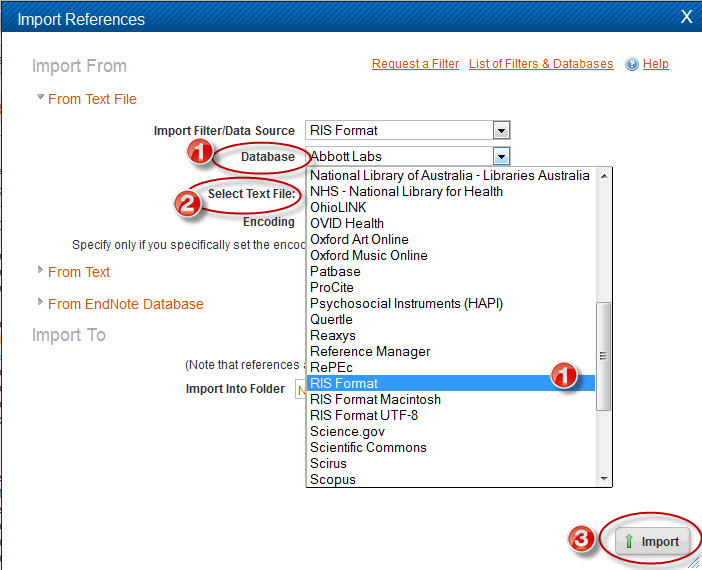
Gale has been made aware of these problems, so hopefully exporting from these databases into RefWorks will soon once again be direct. Until then, these few extra steps should get you where you need to go. If you encounter any other problems, just remember, we are here to help you!
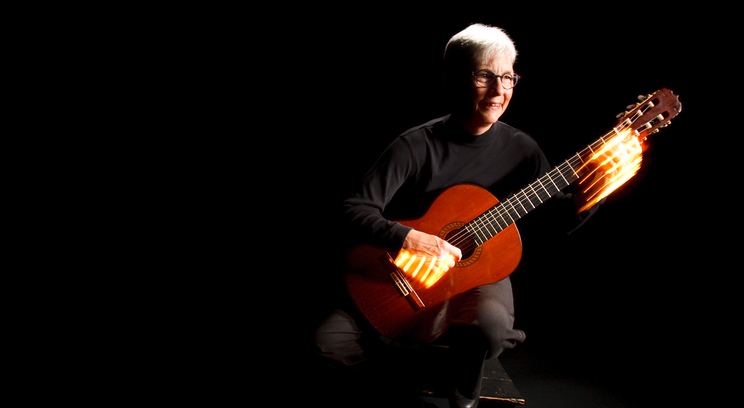
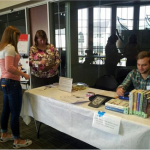







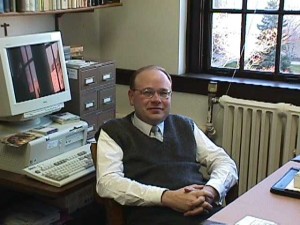
 Everyone here who gets a bachelor’s degree has to first get through the core curriculum. Think of it as spinach. Remember how as a child you hated spinach but your mom said you had to eat it cuz it’s good for you? And now as an adult you willingly eat spinach. Well, when you’re sitting through that class that you had to take cuz it fulfills your core curriculum requirement, just remember that it’s good for you. And that down the road you’ll appreciate it. UST is just like your mom. It wants what’s best for you – and in this case, it’s taking a few courses that will make you a well-rounded, educated individual. Trust me, it’s good for you.
Everyone here who gets a bachelor’s degree has to first get through the core curriculum. Think of it as spinach. Remember how as a child you hated spinach but your mom said you had to eat it cuz it’s good for you? And now as an adult you willingly eat spinach. Well, when you’re sitting through that class that you had to take cuz it fulfills your core curriculum requirement, just remember that it’s good for you. And that down the road you’ll appreciate it. UST is just like your mom. It wants what’s best for you – and in this case, it’s taking a few courses that will make you a well-rounded, educated individual. Trust me, it’s good for you.
